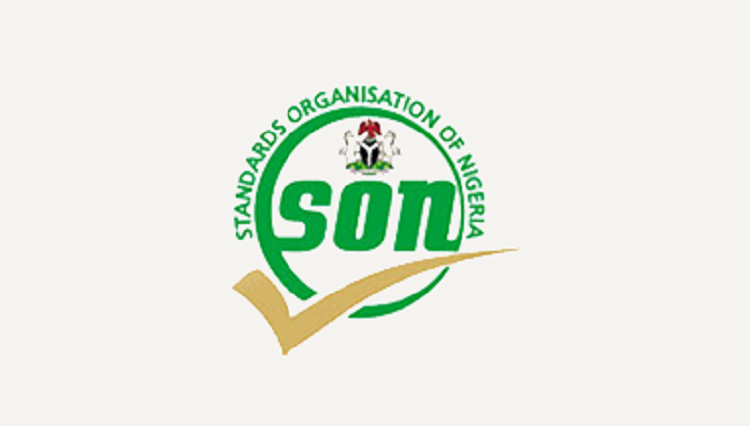The Standards Organisation of Nigeria (SON) has urged stakeholders to adhere to standards in the leather and textile sector, which has the potential to enable leverage into the lucrative global market valued at over $1 trillion.
To achieve this, SON has been working closely with manufacturers, suppliers, and regulatory bodies to ensure Nigerian leather and textile products meet international standards.
The director general/chief executive officer, SON, Ifeanyi Okeke stated this at a stakeholder’s sensitisation/capacity building workshop, organised by the organisation in Abia State
Okeke, who was represented by the director, South-East Regional Operations of SON, Chukwuma Aharanwa said that the workshop is to enlighten artisans and other manufacturers on the need to standardise their products.
He said, the SON has been working closely with stakeholders, including manufacturers, suppliers, and regulatory bodies, to ensure that Nigerian leather and textile products meet international standards.
Okeke noted that, in recognition of MSMEs, as drivers of the nation’s economy, SON has put in place a policy that ensures that MSMEs and other relevant stakeholders are involved in standards development process, through inclusion in technical committees (TC).
According to him, SON’s intervention has led to a significant improvement in the quality of leather products in Nigeria. Local manufacturers are now producing high-quality leather goods, such as shoes, belts, and handbags that can compete favorably with international brands.
The SON boss said, the repositioning of the sector is expected to have a positive impact on Nigeria’s economy, saying that the sector is projected to create thousands of jobs, both directly and indirectly, and generate significant revenue for the government.
He expressed optimism about the development, stating that, “Nigeria has the potential to become a major player in the global leather industry. With the right standards and quality assurance in place, our local manufacturers can produce high-quality leather products that can compete with the best in the world.”
Head of department, Marketing, SON, Stella Chamberlain observed that, Aba is notable for trade and industry, which have thrived over the years, noting that ‘for the operators to remain relevant, they must produce quality and competitive products for consumers at all times.’
Stakeholders in the leather and shoe industry expressed optimism that the meeting will help address the challenges facing the sector.
Chairman, Manufacturers Association of Nigeria (MAN) Abia/Owerri Chapter, Prince Obasi Uba said, with the right support and standards in place, the industry can compete favorably in the global market, creating jobs and generating revenue for the country.
President, Leather Manufacturers Association of Nigeria (LEPMAAS), Nwaobilo Obinna called on the federal, state, and local governments to support the industry by patronizing their products, saying “this development is significant, considering the huge potential of the leather and shoe industry in Nigeria.”
We’ve got the edge. Get real-time reports, breaking scoops, and exclusive angles delivered straight to your phone. Don’t settle for stale news. Join LEADERSHIP NEWS on WhatsApp for 24/7 updates →
Join Our WhatsApp Channel










